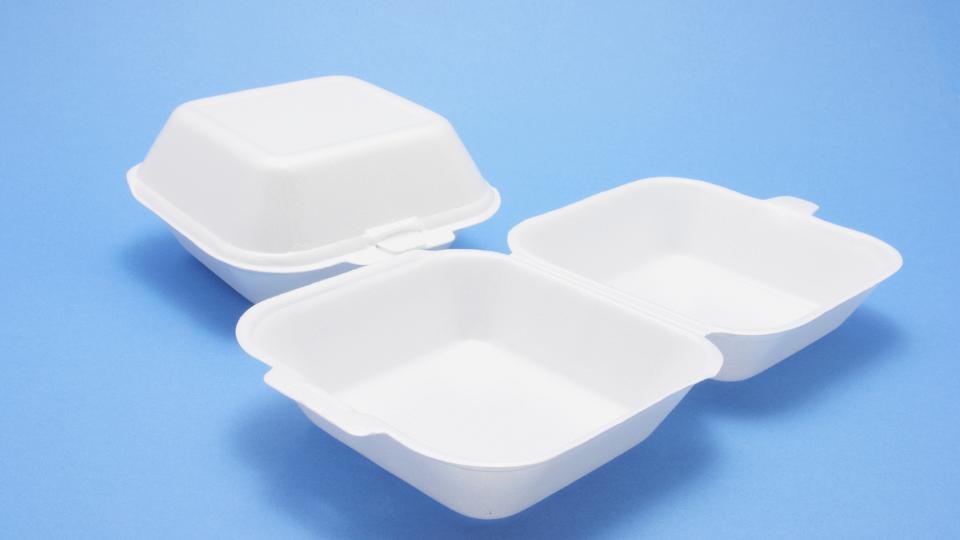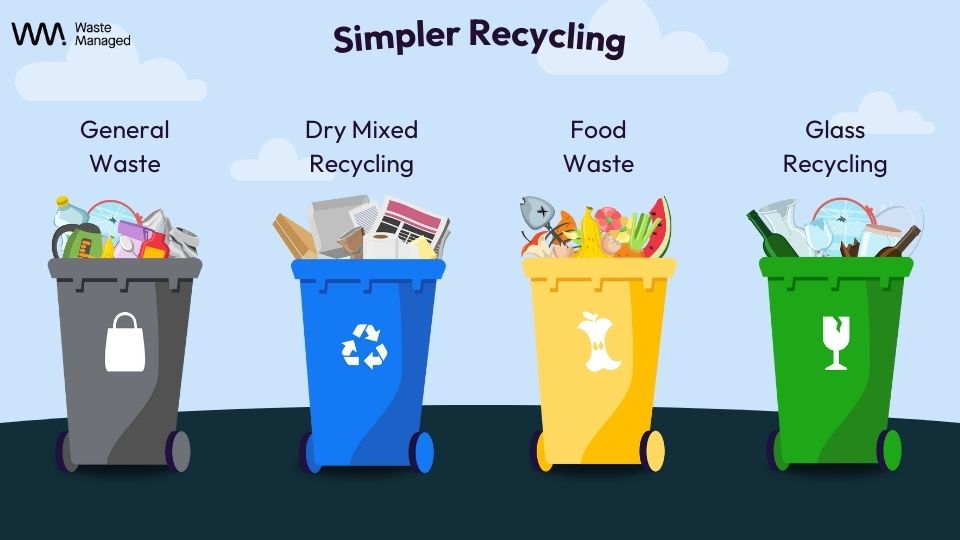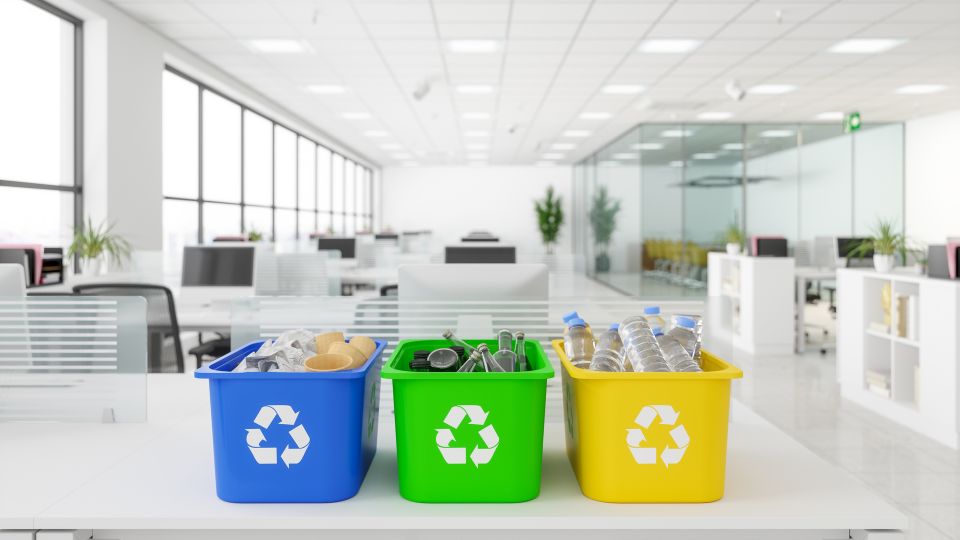
Polystyrene, commonly recognised by its brand name Styrofoam, is a versatile plastic found in various products, from disposable coffee cups to packaging materials.
Despite its widespread use, recycling this material has been challenging due to its lightweight and bulky nature. However, recent advancements in recycling technology are transforming the landscape.
Here’s everything you need to know about polystyrene recycling in 2024.
Table of contents
- Is Polystyrene Recyclable?
- Latest Advances in Polystyrene Recycling
- Benefits of Polystyrene Recycling
- How to Recycle Polystyrene
- Future Outlook
Is Polystyrene Recyclable?
Yes, polystyrene is recyclable, though it requires specialised processes.
Traditional recycling methods often struggle with Styrofoam due to its tendency to break into small fragments, which are difficult to collect and process.
However, new technologies are making it more feasible to recycle this material effectively.
Latest Advances in Polystyrene Recycling
Depolymerisation Technology
Depolymerisation is a promising method for recycling polystyrene.
This process breaks down Styrofoam into its monomer components, which can then be repurposed to create new polystyrene products.
A significant development is the upcoming polystyrene depolymerisation plant in France, spearheaded by Trinseo and INEOS Styrolution.
This plant aims to create a circular economy for styrenics, ensuring that polystyrene can be continuously recycled and reused (We are INEOS | INEOS Group) (Chemical & Engineering News).
Chemical Recycling
Research from Virginia Tech has introduced a cascade degradation method that converts polystyrene waste into high-value chemicals.
This innovative approach not only recycles polystyrene but also adds economic value to the recycling process (ScienceDaily).
Mechanical Recycling
Mechanical recycling processes have also seen improvements.
For instance, the Extended Producer Responsibility (EPR) Waste Association of South Africa has achieved a 31% recycling rate for polystyrene during the 2022/23 period.
This milestone underscores the effectiveness of integrating polystyrene recycling into broader waste management systems and developing new end markets for recycled materials (Engineering News).
Benefits of Polystyrene Recycling
Recycling polystyrene offers several significant benefits:
- Environmental Impact: Recycling Styrofoam reduces the volume of waste sent to landfills, where it can take hundreds of years to decompose. By reprocessing this material, we can significantly reduce environmental pollution and the overall carbon footprint.
- Economic Value: Advances in recycling technologies are making it economically viable to recycle polystyrene. The production of high-value chemicals from recycled polystyrene can provide new revenue streams and reduce the dependency on virgin materials
- Sustainability: Establishing a circular economy not only helps in managing waste more effectively but also ensures a sustainable supply of materials for the future. Projects like the polystyrene depolymerisation plant in France exemplify the potential for sustainable recycling solutions.

How to Recycle Polystyrene
Here are some steps to ensure effective recycling of Styrofoam:
1 – Identify Local Recycling Programs: Not all recycling programs accept polystyrene due to its specific processing needs. Check with your local waste management services to find out if they accept this material and under what conditions.
2 – Clean the Material: Before recycling, ensure that products are clean and free from food residue or contaminants. This is crucial as contaminants can hinder the recycling process.
3 – Drop-Off Points: Many areas have designated drop-off points for polystyrene recycling. Utilise these facilities to ensure that your waste is properly processed.
4 – Support Recycling Initiatives: Support and participate in initiatives aimed at improving and expanding polystyrene recycling capabilities. Awareness and collective action can drive significant improvements in recycling infrastructure and efficiency.
Future Outlook
The future of polystyrene recycling looks promising with ongoing innovations and increased awareness. With industry collaborations and technological advancements, polystyrene recycling is becoming more efficient and economically viable.
Waste Managed is committed to staying at the forefront of these developments, ensuring that our clients benefit from the most sustainable and effective waste management solutions available.
By staying informed and proactive, we can collectively improve recycling rates and contribute to a more sustainable future.
About the Author

Steve Traviss
Procurement & Sustainability Officer
Steve Traviss is MCIPS Chartered and is extremely passionate about the environment and corporate responsibility when it comes to sustainable waste disposal practices. Steve truly embodies everything we stand for at Waste Managed and in 2022, Steve took part in a world record scuba beach clean up in Thailand which we’re incredibly proud of him for. Steve researches and writes a lot of our blog content on our website and draws off of a wealth of experience in the waste management industry and knowledge of UK environmental legislation.








